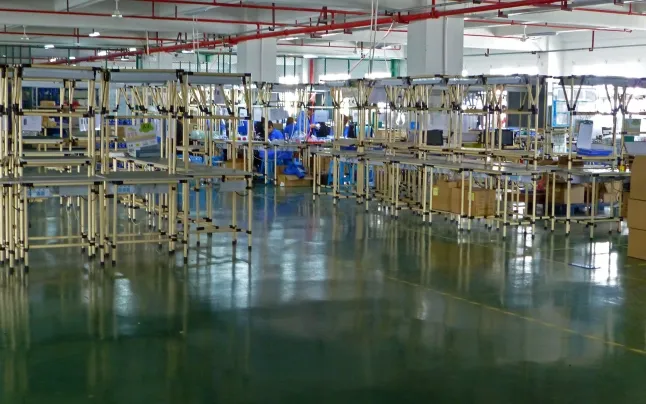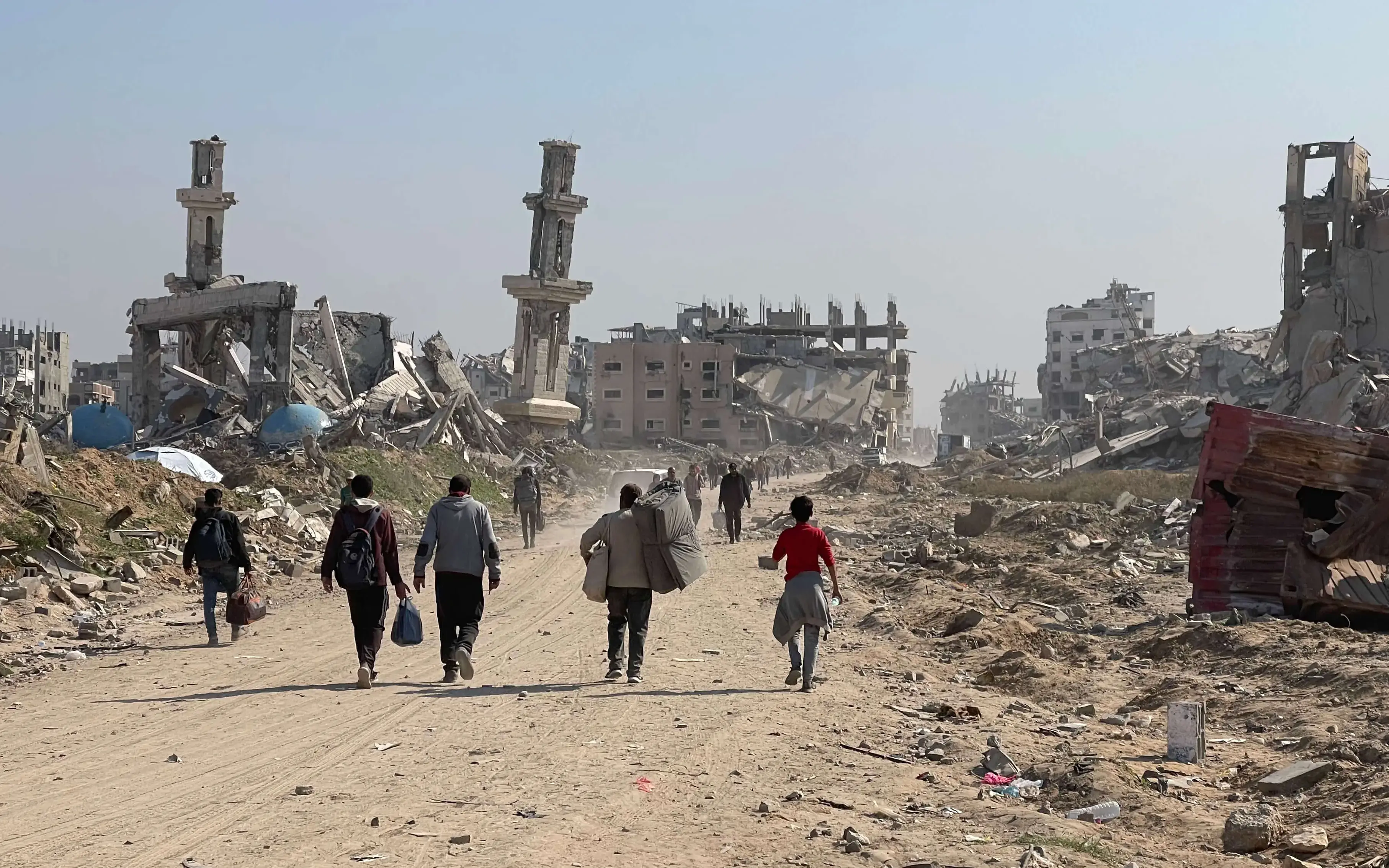The Mobile Social Congress brings to light the working conditions of people working in this industry.
"What? There are also electronics factories in Europe?" This is the question that Rutvica Andrijasevic, researcher at the University of Bristoloften, encounters. Andrijasevic presented her work on labour conditions in the electronics sector Central and Eastern Europe during the Mobile Social Congress organised by SETEM Catalunya.
From the turn of the millennium, Europe is a part of the expansion strategy of electronics giants, especially in the Czech Republic, Hungary, Poland and Slovakia. In fact, they are known as the “golden wings” in Europe to cater to the European market more quickly and, in Latin America, to cater to the US market. Therefore, these factories aren’t competing, but are “a part of the global distribution to improve production”.
Labour conditions vary largely from one continent to another, but still they are poor. In Europe, conditions are very different for people working as staff from those working through a placement agency, who only work during peaks in demand, which is very variable.
That is why one of the differential factors when compared to labour in Southeast Asia is the mobility of workers; in Europe they move from one country to another to work and may work up to 14 hours a day one week, and have no work at all the following week.
Furthermore, they are under strict surveillance from the company and placement agency, also in the private spheres of their lives since the accommodation they live in is managed by the company itself, as is often also the case in China and Southeast Asia.
Also, temporary workers are illegally penalised and get some of their salary deducted if they leave the job before three months; if they are from a non-EU country they are vulnerable to deportation, they have no legal assistance and, if they loose their job, they loose their accommodation.
During the pandemic, many have reported they were lacking protection equipment and were forced to remain confined if they got sick and were only paid 60% of their salary.
Andrijasevic denounced a lack of transparency in factories and placement agencies, and criticised a perverse transnational architecture that recruits workers through local agencies who end up working at a factory in a third country, so the company can avoid any liability.







Add new comment